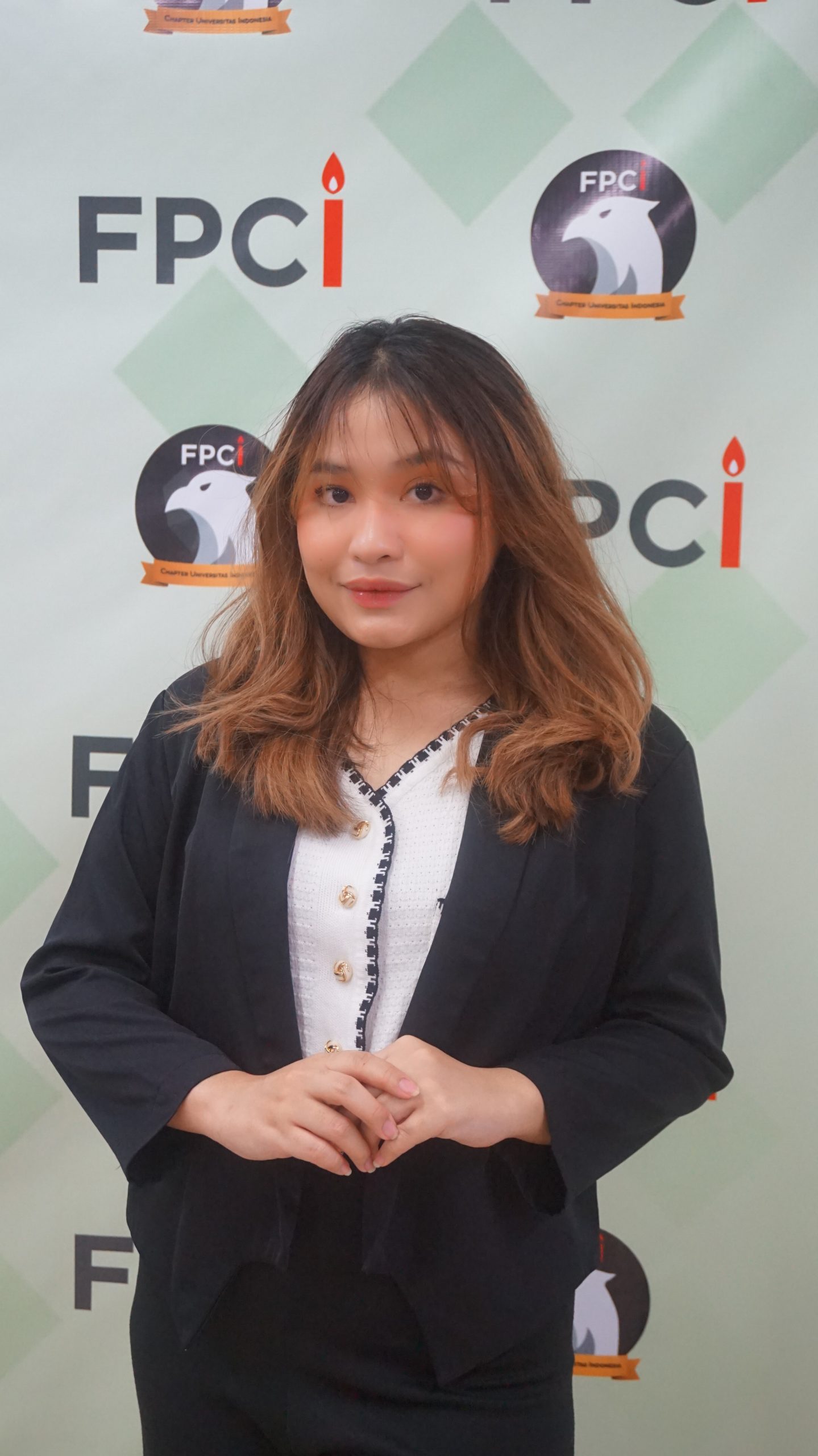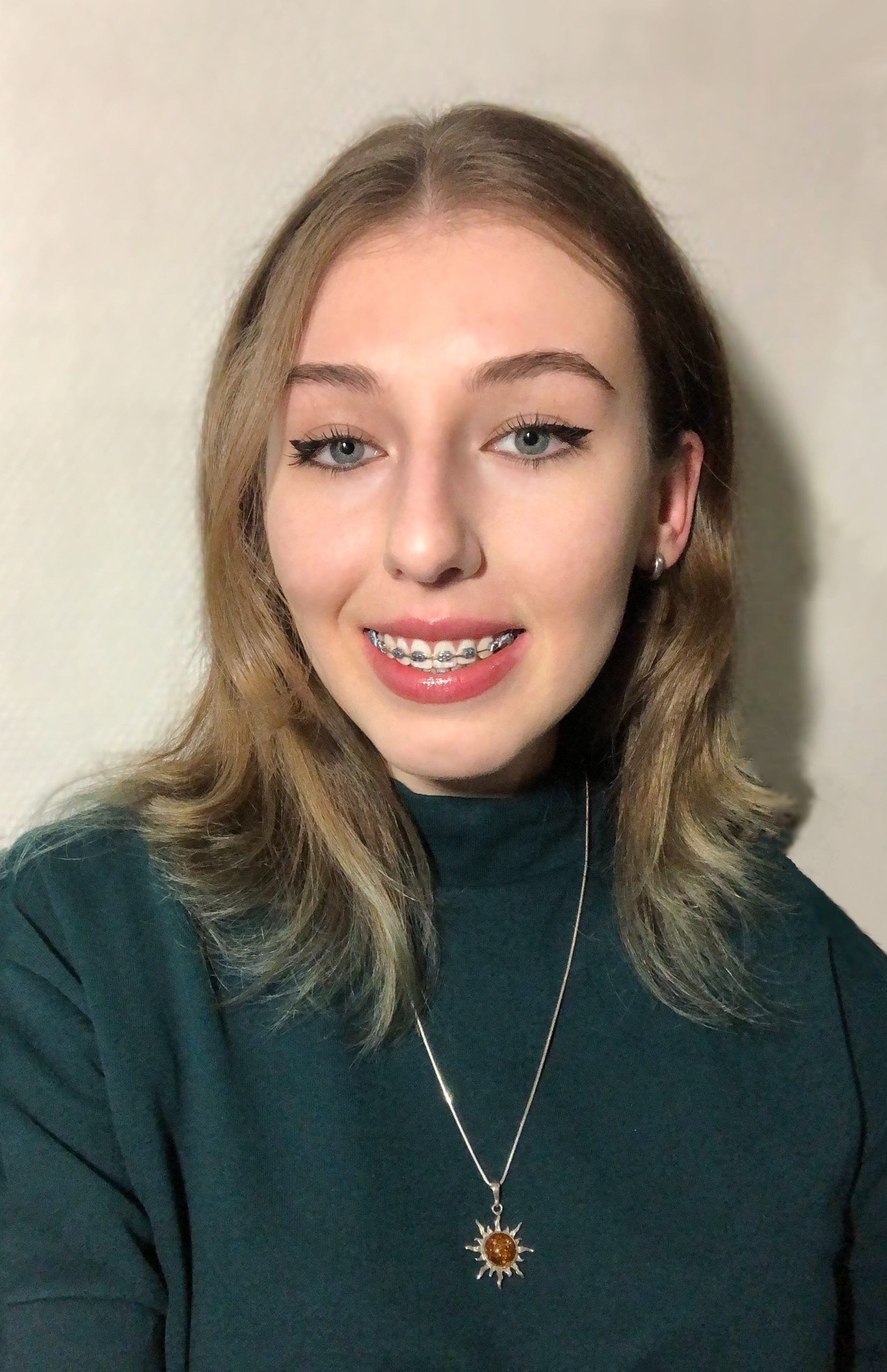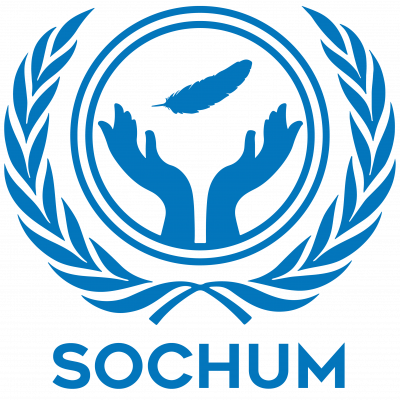SOCHUM (UNGA 3)
The Social, Humanitarian and Cultural Committee (SOCHUM) is a committee of the United Nations General Assembly that deals with a wide range of social, cultural, and humanitarian issues. It was founded in 1945 as a reaction to the establishment of the Universal Declaration on Human Rights.
The Committee’s mandate includes promoting and protecting human rights, ensuring gender equality, combating discrimination, addressing the needs of refugees and displaced persons, and promoting sustainable development.
SOCHUM provides a platform for member states to exchange ideas, share best practices, and develop effective strategies for addressing these critical issues. It also plays an important role in raising public awareness of these issues and advocating for change at the national and international levels.
SOCHUM is a committee that derives its authority from the United Nations Charter and aims to develop peaceful resolutions for various social, cultural, and humanitarian issues that arise in the global community.
TEIMUN 2023
SOCHUM Topic Descriptions
“The Digital Threat: Creating a Victim-Based Approach to Combating Online-Facilitated Sexual Offending” and
“Protecting Independent Journalism in a Time of Misinformation and Disinformation”
Topic 1: The Digital Threat: Creating a Victim-Based Approach to Combating Online Sex Trafficking
In 2020, Amnesty International published a report on “Trafficking in Women and Girls in the Context of Global Migration”; in it, it called upon states to move away from complete reliance on criminal prosecution in combating trafficking, and instead work to reintegrate victims into society and work to educate the most vulnerable demographics. With technology becoming a fundamental part of our daily lives, however, it has had a monumental impact on sex work and sex trafficking. It has created an almost-paradoxical environment: while victims have an unprecedented amount of resources and community, it also creates new avenues of pressure and exploitation, with increases in online recruitment and threats of blackmail through data breaches and cyber flashing. Moreover, technology also offers a guise of anonymity to the offender, which, in turn, gives way for societies to wholly blame the victims, as the identity of the perpetrator is abstracted. The committee will have to come up with new preventative measures and create ways in which the most vulnerable layers of our societies can be protected, and survivors – reintegrated.
Topic 2: Protecting Independent Journalism in a Time of Misinformation and Disinformation
“The use of propaganda is ancient, but never before has there been the technology to so effectively disseminate it”. Many times we have been confronted with outrageous headlines that have later been proven false, either stemming from unverified resources, or even maliciously pursuing a political agenda. However, there has been a rise of a new phenomenon: legitimate works of independent journalism – especially concerning politics and human rights – have been dismissed under the pretense of disinformation; “fake news” is an allegation we often hear from political figures, especially to criticism of their regime. For example, attacks against investigative journalist Rana Ayuub garnered UN attention after she faced waves of online harassment for a piece critiquing the Indian government; some of the harassment was tied back to governmental organs. Moreover, more and more countries have criminalized disinformation, imposing fines on media companies and making social media platforms remove potentially fake content. This, by all means, is a “slippery slope”, especially for regimes with a history of journalistic repressions. In committee, delegates will have to come up with new ways to safeguard freedom of press in light of advanced means of dis- and mis-information.
Quote from: Nougayrede, N (2018) In this age of propaganda, we must defend ourselves. Here’s how, The Guardian (31/01/18): https://www.theguardian.com/commentisfree/2018/jan/31/propaganda-defend-russia-technology
Meet the Chairs!

Althea Karenina
Hi, there! My name is Althea. I am a fourth-going fifth-semester student majoring in International Relations at Universitas Indonesia. Coming from a country far away from the Netherlands, I am so excited to serve you with not only the best hospitality but also substance throughout the committee session. I have a love-hate relationship with MUN as I quit doing it after just going once during high school.
However, after giving MUN one more chance during my first semester in university, I fell hard and become heavily involved in the circuit, be it as a delegate, chair, or committee member. I am now serving as the Under-Secretary-General of Academics for Indonesia MUN 2023 and Deputy Secretary-General of Jakarta MUN 2023. Aside from Model UN, I am currently doing an internship as product development for a newly developed app. I also serve as manager of external events in the Foreign Policy Community of Indonesia Chapter Universitas Indonesia. During my MUN career, I have experienced conferences from different circuits all around the world. Therefore, I can not wait to see experience cross-cultural interactions at TEIMUN! I hope to see you all in great health in July at The Hague. Don’t hesitate to reach out with any questions!
Fun Fact: When I’m not catching trains to my classes and drowning with assignments, I enjoy reading fiction and exploring new cafes around my neighborhood.

Amelia Dubęla
Hi, my name is Amelia. I will be one of the chairs of the UNGA Third Committee – SOCHUM.
I am 19 years old and I come from Poland. I am currently studying International and European Law at the University of Groningen. I have always been interested in debates, in particular the ones that consider the influence of various factors, such as law, information, or cultural norms, on the society in which we live; consequently, I have been involved in numerous MUNs over the past few years. For me, a Model UN experience is not limited to the debate and resolution-writing part; it is also an opportunity to connect with people as well as encounter new points of view on various matters. I look forward to seeing how the Delegates approach the issues that are the subject of this year’s TEIMUN.
I hope that we enjoy our time at the Conference and that our experiences will be enriching and unforgettable. I can’t wait to meet you all!
Fun Fact: I have read Jane Austen’s Pride and Prejudice like 7 times.
Anastasia Liakhnovich
Hi! My name is Anastasia Liakhnovich, I am 18 years old, and I will be chairing UNGA 3 (Social, Humanitarian & Cultural Committee). I am currently a 1st-year law student at the University of Groningen, and – you guessed it – MUN has played a large role in my selection of a study. I am originally from Belarus, however, I have spent the majority of my life in the bustling city of Cairo, Egypt (yes, the weather here has been… an experience). While TEIMUN will be my first time chairing a university-level conference, be not afraid – I have over 7 years of experience in all sorts of roles, including the DSG of CACMUN, one of the oldest conferences in the MENA region.
I am excited to be selected as a chairperson for SOCHUM; it would not be an exaggeration to say that my passion for MUN was developed almost in full due to committees such as the aforementioned. As someone that comes from quite a diverse background, I believe nuanced discussions of culture and humanitarianism to be intrinsic to societal progress, and I am excited to see that reflected in your debates this summer.
Fun Fact: while ICJ is a MUN committee I am yet to officially partake in, I have been called in to act as a whaleology expert (I was also surprised to hear that this is a real term), a French arms dealer, and an Irani Minister of Petroleum. This only confirms my hypothesis that, at times, MUN is a glorified drama club.
